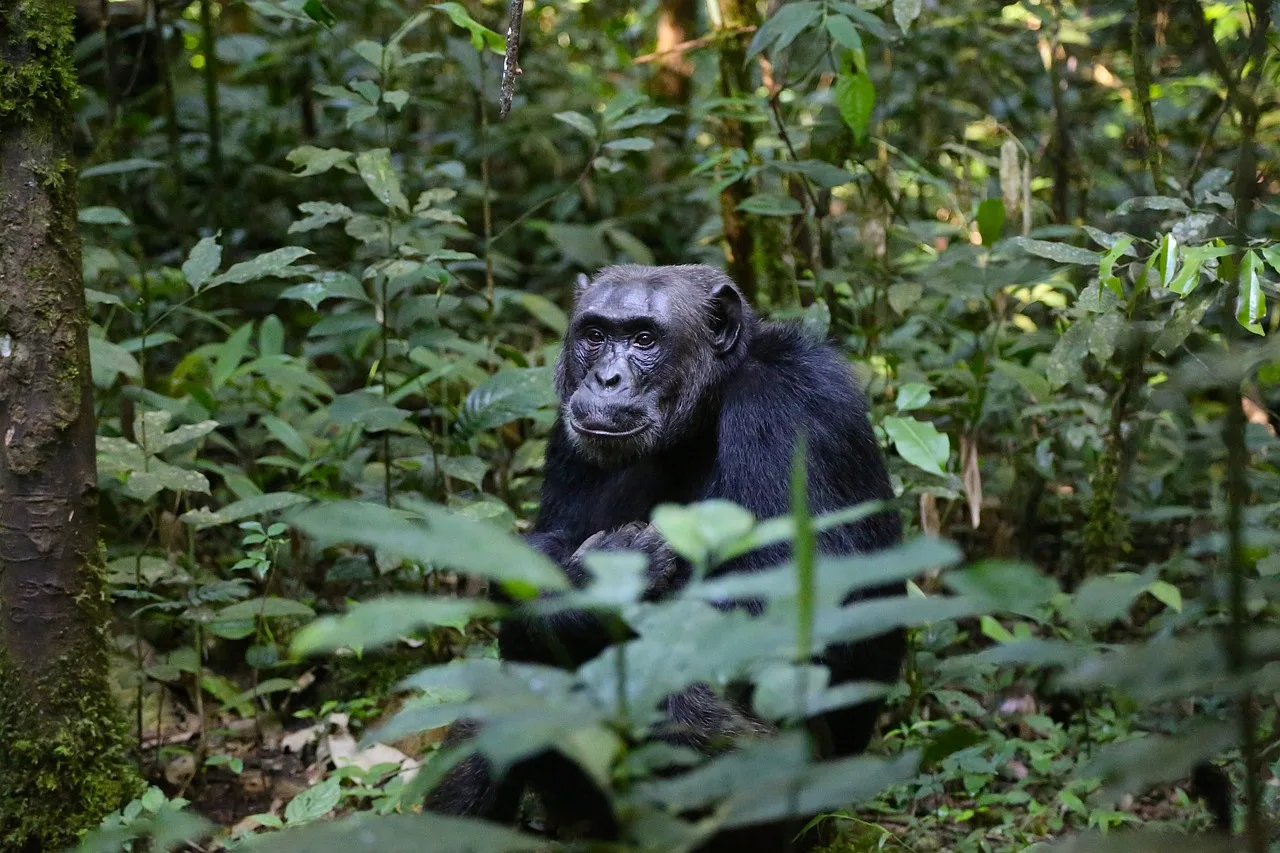Tacugama Chimpanzee Sanctuary
Tacugama Chimpanzee Sanctuary: Conservation and Community in Sierra Leone
Set within the lush Western Area Peninsula National Park, the Tacugama Chimpanzee Sanctuary in Sierra Leone offers a powerful example of conservation in action. Since its founding in 1995 by Bala Amarasekaran and his wife Sharmila, the sanctuary has grown from a modest rescue centre into a dynamic organisation focused on chimpanzee welfare, environmental education, and community engagement.
Tacugama provides a safe space for critically endangered Western chimpanzees, many of whom arrive as orphans due to illegal hunting and habitat destruction. Through rehabilitation and long-term care, the sanctuary gives these animals a second chance at life.
Responding to the Threats Facing Chimpanzees
The sanctuary’s origins stem from a pressing need. The bushmeat trade and widespread deforestation have severely impacted chimpanzee populations in Sierra Leone. Many young chimps lose their mothers to hunting and face uncertain futures without intervention.
Tacugama steps in to offer protection and care. Today, more than 100 chimpanzees live at the sanctuary, where they receive medical attention, nutritious food, and opportunities to socialise in semi-natural environments. These enclosures mimic forest conditions, with climbing ropes, platforms, and dense vegetation that encourage natural behaviours such as foraging, swinging, and grooming.
Caregivers closely monitor each chimp, especially when introducing new arrivals. They observe interactions and help form compatible social groups, allowing the chimps to build relationships and resolve conflicts naturally.
Tackling Root Causes Through Conservation
Tacugama’s mission extends beyond caring for rescued chimpanzees. The organisation actively addresses the root causes of endangerment through conservation initiatives. Collaborating with law enforcement, Tacugama helps combat illegal hunting. Trained rangers patrol forest areas, identify unlawful activities, and support efforts to stop poaching.
Research also plays a vital role. Scientists study chimpanzee behaviour, communication, and habitat use to inform conservation strategies. These insights help protect not only chimpanzees but also the broader ecosystems in which they live.
Reforestation is another key focus. Tacugama works with local communities to plant native trees in areas affected by deforestation. These efforts restore habitats, improve biodiversity, and create wildlife corridors that allow chimpanzees to move safely between forest patches.
Education and Outreach by Building Local Partnerships
Long term conservation depends on community involvement. Tacugama recognises this and invests heavily in education and outreach. The Tacugama Conservation Outreach Programme (TCOP) works directly with villages near the sanctuary to promote environmental awareness and stewardship.
Community outreach officers lead workshops, presentations, and performances that highlight the importance of protecting chimpanzees and their habitats. These activities are designed to be engaging and accessible, encouraging participation and dialogue.
Supporting alternative livelihoods is also part of the strategy. Tacugama helps communities develop sustainable practices that reduce reliance on deforestation. Training in resource management and eco-friendly agriculture empowers residents to protect their environment while maintaining economic stability.
Inspiring the Next Generation
Tacugama’s commitment to education includes working with schools across Freetown. The Tacugama Kids Environmental Education Programme (TKEEP) introduces students to conservation through interactive lessons and activities.
TKEEP educators have created modules that explore chimpanzee intelligence, social behaviour, and the threats they face. Children engage with the material through games, quizzes, and visits to the sanctuary, fostering curiosity and respect for nature.
By nurturing environmentally conscious young people, Tacugama aims to build a future generation that values biodiversity and takes action to protect it.
Visiting Tacugama
Visitors to Tacugama can witness the sanctuary’s work firsthand. Guided tours offer insights into chimpanzee rehabilitation and the broader conservation efforts underway. Guests learn about individual chimps, their stories, and the care they receive.
The sanctuary’s tranquil setting within the national park enhances the experience. Surrounded by forest, visitors can enjoy nature walks, birdwatching, and peaceful moments in a place dedicated to wildlife protection.
Tacugama also offers eco-lodging for those who wish to stay overnight. These accommodations provide comfort while supporting the sanctuary’s mission. Proceeds from tourism help fund care for the chimpanzees and community programmes.
A Model for Conservation in West Africa
Tacugama Chimpanzee Sanctuary stands as a model for holistic conservation. Its approach combines animal welfare, scientific research, education, and community development. By addressing both immediate needs and long-term challenges, Tacugama creates lasting impact.
The sanctuary’s work has gained international recognition, yet its heart remains in Sierra Leone. Local partnerships, cultural understanding, and grassroots engagement form the foundation of its success.
Supporting Tacugama means contributing to a brighter future for chimpanzees and the ecosystems they depend on. Whether through a visit, donation, or sharing its story, every action helps strengthen the sanctuary’s mission.
Why Tacugama Matters
The Tacugama Chimpanzee Sanctuary offers more than just a refuge for endangered animals. It represents hope, resilience, and collaboration. Its story reflects the power of individuals and communities working together to protect life and restore balance.
For anyone interested in conservation, animal welfare, or sustainable development, Tacugama provides inspiration and insight. The sanctuary invites people to connect with nature, learn from its challenges, and become part of a global effort to protect our planet’s biodiversity.

